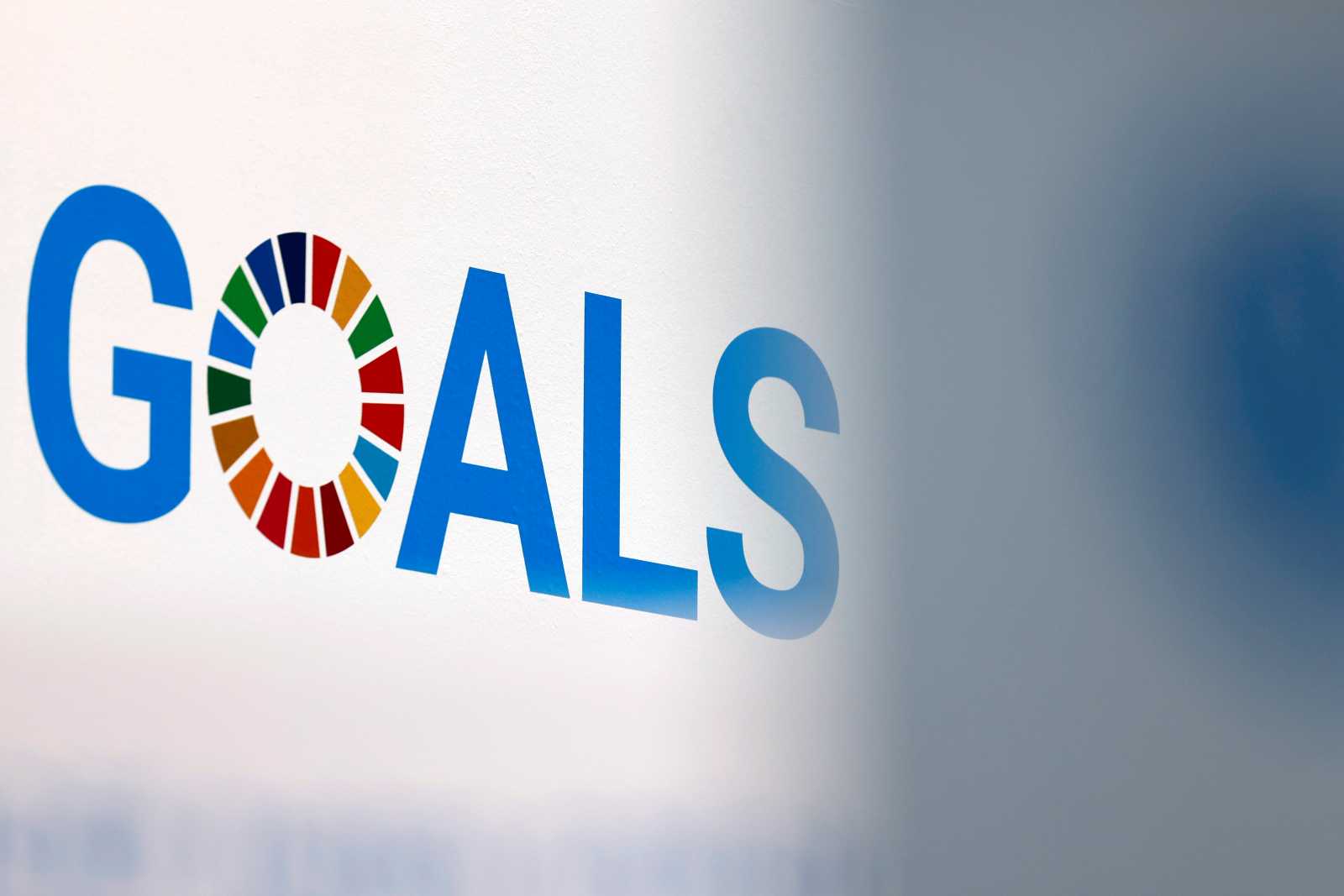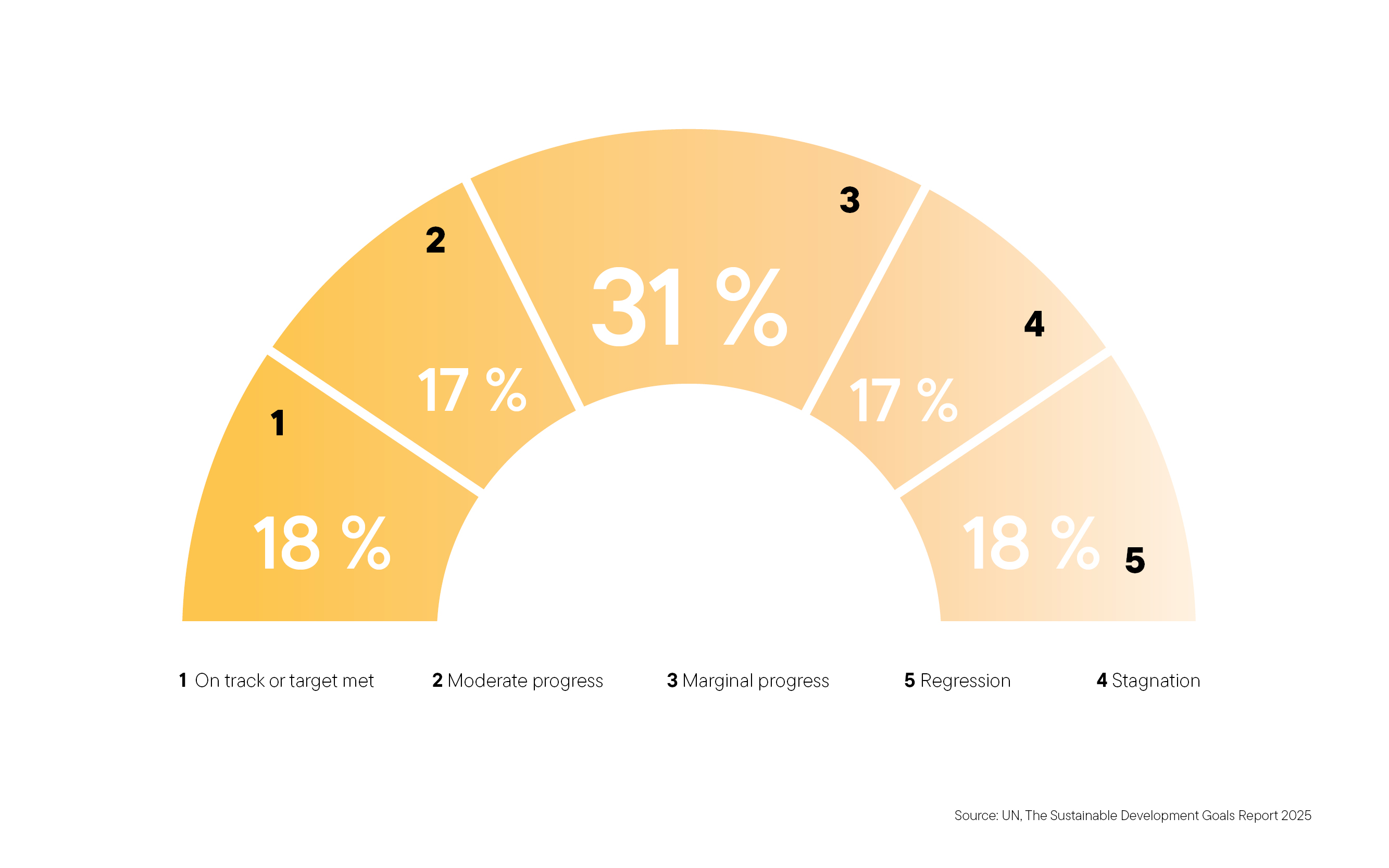Readers' opinion
Letters to the editor
Selfreliance revisited
D+C/E+Z 2/2007, p. 66
Nassir Djafari is absolutely right when he urges that poorer countries should contribute more to financing their own development. A number of countries currently depend wholly on donor money, particularly for investment activities in areas such as drinking water, schools and roads. This is also becoming more often the case for the maintenance of infrastructure. It is simply too tempting for their governments to reprieve their own better-off clientele by waiving taxes, and instead to foist their troubles onto the tax-payers of wealthy countries. Donors should improve their coordination and make their investments conditional on financial contributions from the partner countries. At the very least they should insist that the partner country takes charge of running fully donor-funded facilities, such as schools or health posts.
Djafari also addresses the issue of financial input by the local population itself. He makes it clear that their involvement in this way is necessary to ensure the sustainable operation of a country’s drinking water supply, to give one example. However, user fees often overburden poor sections of the population. Consequently they are unable to benefit from development aid. In Niger, for example, the well-maintained lists of water user groups provided evidence that more than half of the population could not afford the drinking water under an international aid programme (and the poorest were affected above all). It might not be much different elsewhere, especially as the population must not only pay water user fees, but also the costs of health care and, increasingly, schooling, which governments are evidently coming to regard as not within their responsibility.
There are only two possible solutions to this: either donors insist that their partners find and implement sensible solutions, to which end there would have to be effective sanctions, even to the extent of discontinuing international aid; or else the donors fund part of the operating costs themselves. This aspect should also be explored as part of the detailed analysis called for by Djafari.
Prof. Dr. Frank Bliss, Remagen, Germany
Deadly taboo
D+C/E+Z 1/2007, p. 28
Large portions of the population in the developing countries do not have access to clean drinking water. Fortunately, Sri Lanka has enough water resources that can be utilized. We have thousands of man-made reservoirs, most of which are located in the dry part of the country. These reservoirs were built by the kings that once ruled this country to irrigate crops. Paddy, or rice, is our staple food, grown under water-logging conditions. Therefore, the kings built reservoirs to irrigate the fields. We have also clean underground water resources. Very rarely we experienced severe droughts in which people suffered due to a lack of drinking water. However, we must take care not to overuse our resources.
Our main problem connected with sanitation is disposal of garbage, especially in urban areas. Our cities are getting bigger and bigger, as in other countries. As the population increases, so does the cities’ garbage. Town planers did not take this into account. No private-sector organisation is willing to recycle the garbage as it is not a profitable investment. Recycling of garbage into organic manure is one way of solving this problem. But even this is difficult because there are more and more slowly decaying materials such as polythene and plastic in the garbage. The Sri Lankan government is considering to prohibit certain of these materials. To improve health conditions in the cities we have to find solutions to garbage disposal and find alternatives for commonly used polythene and plastic cans et cetera. Every individual is responsible for protecting the environment that he lives in. We have to educate our people accordingly.
Asoka Palamakumbura, Peradeniya, Sri Lanka
I am writing on behalf of the Association for Social Development & Distressed Welfare, one of the grassroot-level NGOs in Bangladesh working in the field of water and sanitation for more than five years. In recent times we have been implementing low-cost rainwater harvesting plants to ensure the supply of safe drinking water at the community level in the south-west coastal region of Bangladesh. In this region safe drinking water has been scarce due to excessive salinisation and severe heavy-metal contamination. The salinisation of ground water as well as surface water is caused by the shrimp cultures in this region. The Ecosan approach (ecological sanitation) you mention in your article is very encouraging for our work. In my view it is a very innovative idea that could contribute a lot to improve our environment by, for example, converting excrements to organic fertilizer.
Gopal Chandra Bairagi, Khulna, Bangladesh







